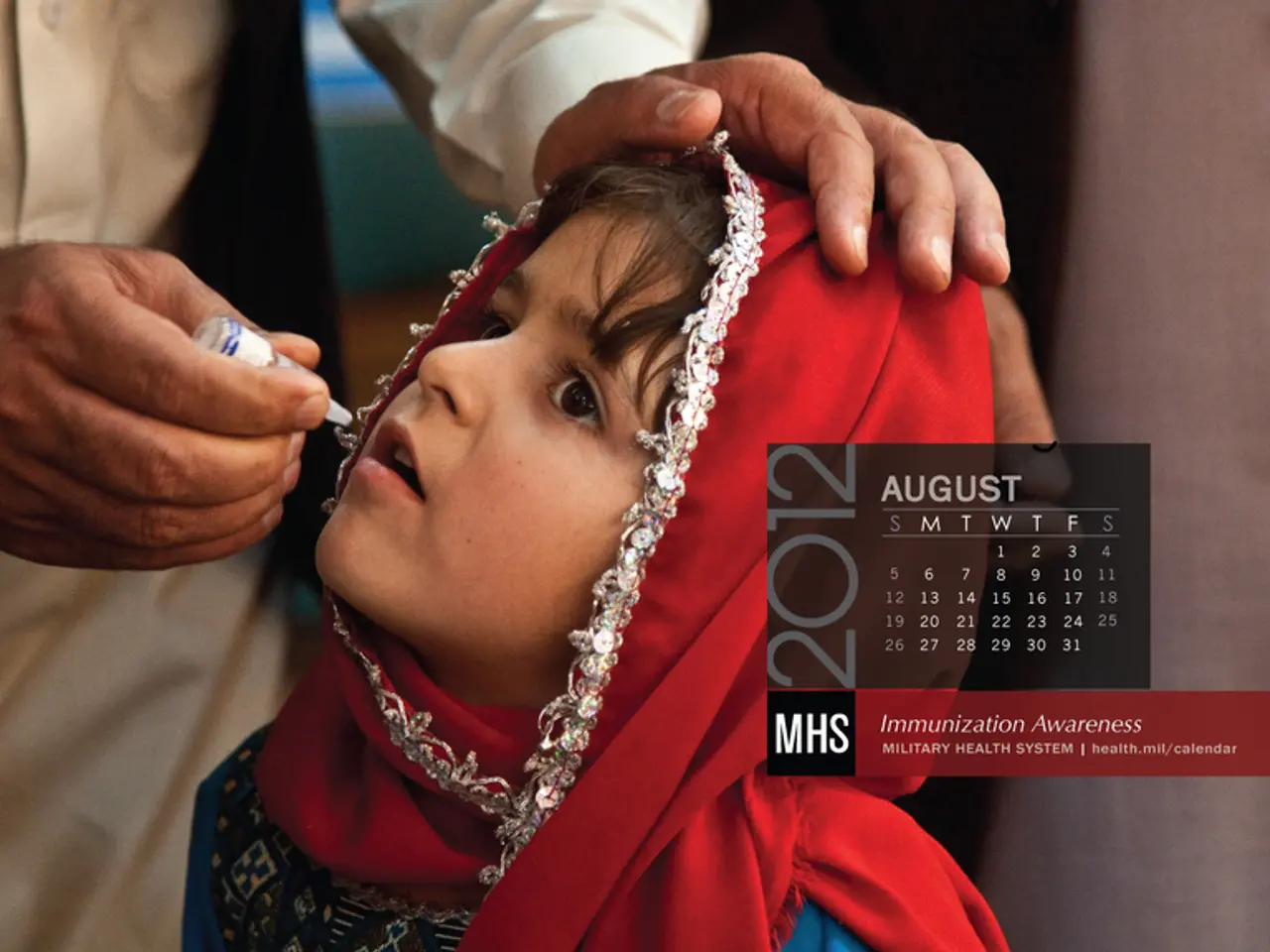Setting Sail Unafraid: An Unfettered Beginning
As kindergartens in Düsseldorf reopen their doors following the pandemic, they face a unique set of challenges. The current issues revolve around managing care burdens, mental health impacts on families and staff, and implementing safety measures suitable for children, whose COVID-19 clinical courses are generally milder than adults.
One significant challenge is the intensified gendered burden of care work during the pandemic, affecting families with children and potentially impacting kindergarten staff and parents dealing with overlapping demands of childcare and work. This factor influences decisions on reopening and health protocols in kindergartens, potentially allowing for more flexibility but requiring vigilance to prevent outbreaks.
Common approaches to address these challenges include implementing staggered schedules, enhancing hygiene and ventilation, establishing testing protocols, and providing mental health support for children and caregivers. Given the mental health focus by international organizations on children during and post-pandemic, kindergartens would be encouraged to integrate such psychosocial support.
Society-wide coordination, clear communication about safety rules, and monitoring the evolving pandemic situation are essential components of kindergarten reopening strategies. As regular operations resume, it's important to note that this is not a return to business as usual as before the pandemic.
The adjustment phase for children returning to kindergarten is significant. Alongside getting used to group life, possibilities, rules, and dealing with conflicts, processing fears and worries related to the pandemic is a crucial part of this phase. Kindergarten staff are prepared to help children navigate these emotions.
Dagmar Niederlein, a representative from the kindergartens, emphasises, "Not a few children were away from kindergarten for a long time and have to learn to find their way back into daily life." As of mid-June, 80% of the city's kindergarten employees are vaccinated, offering an additional layer of protection.
Looking ahead, flexibility and quick response to changes in the pandemic's course during the kindergarten year are important. New insights into the disease and vaccination of children in the coming months will need to be considered. Hintzsche, another representative, assures, "We're well-equipped for the new kindergarten year and stand by the families in Düsseldorf, even in a constantly growing city with increased care needs."
In conclusion, the key challenges are care work burdens and mental health strain alongside infection control. Solutions combine operational adaptations, health precautions, and mental health support tailored to young children and their caregivers. Many children and their parents need additional help and support to cope with the consequences of the Corona pandemic, and processing fears and worries is part of the adjustment phase for many children.
- Implementing mental health support for children and caregivers, as encouraged by international organizations, is essential to help children process fears and worries related to the pandemic, especially after a long absence from kindergarten.
- To address the intensified gendered burden of care work during the pandemic, kindergartens may consider more flexible schedules, allowing for better balance between childcare, work, and mental health.
- In the realm of education-and-self-development, kindergartens can play a crucial role in the learning and emotional well-being of children by integrating psychosocial support, focusing on mental health, and creating a safe and healthy learning environment.




